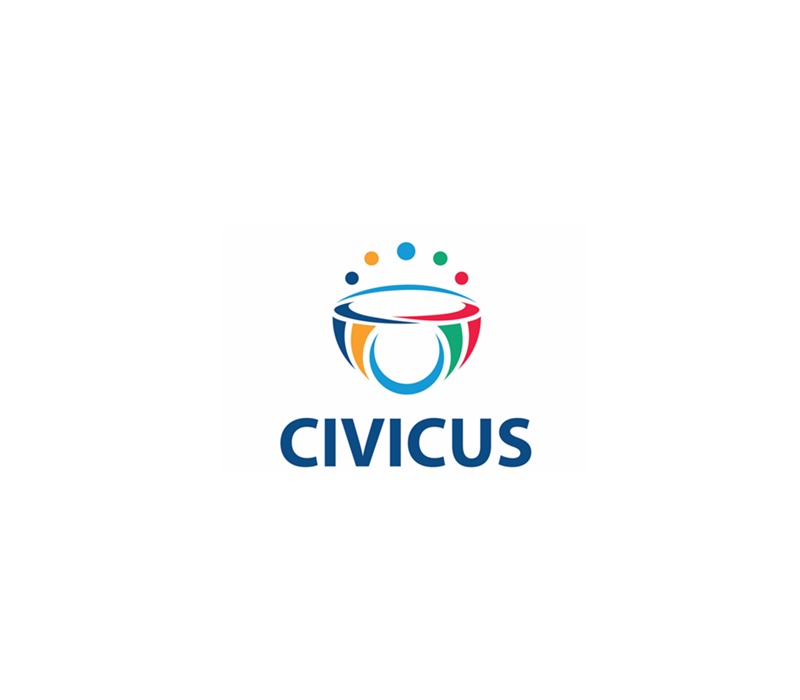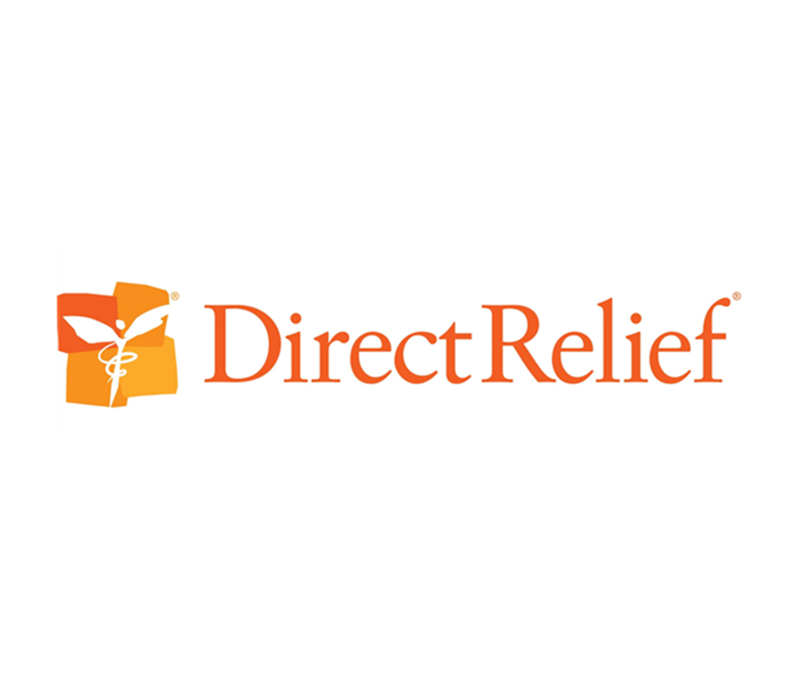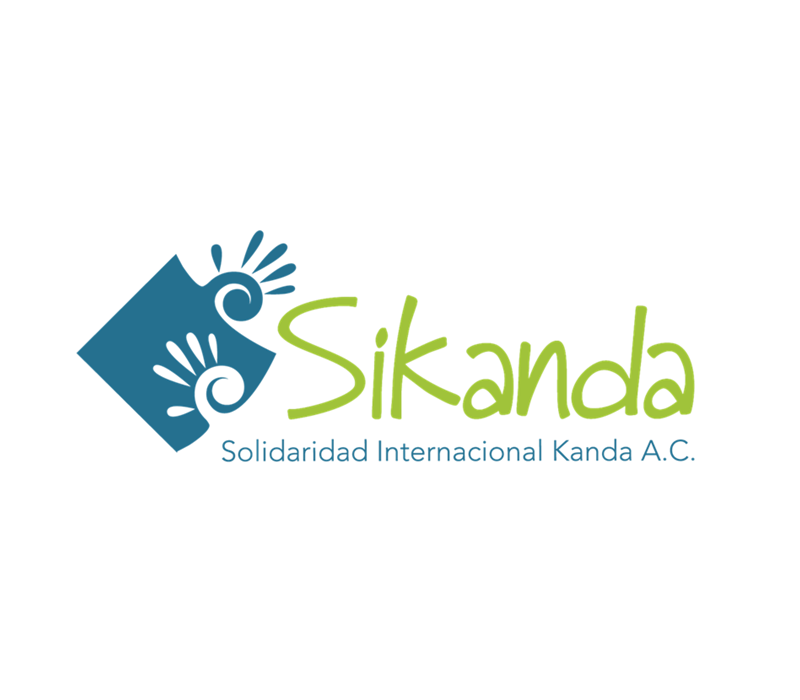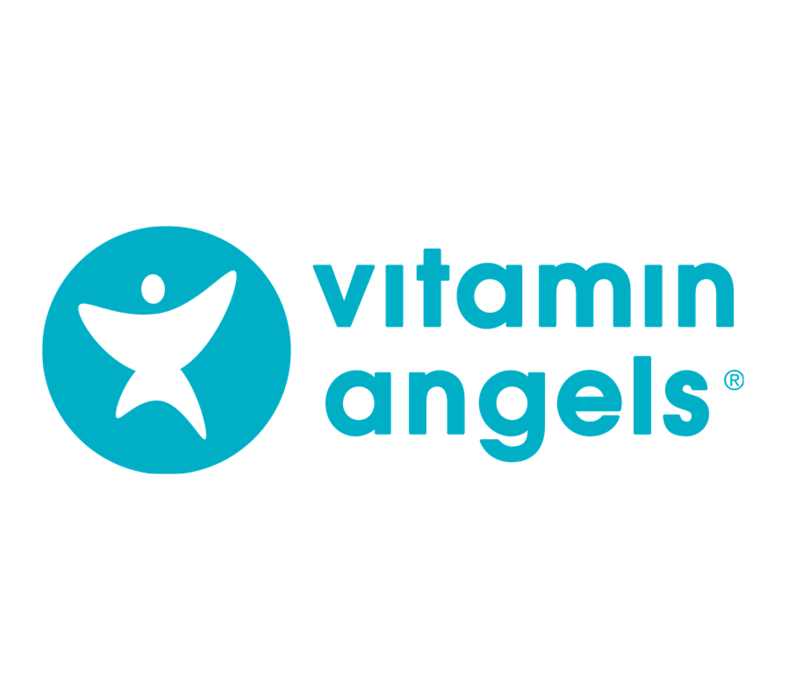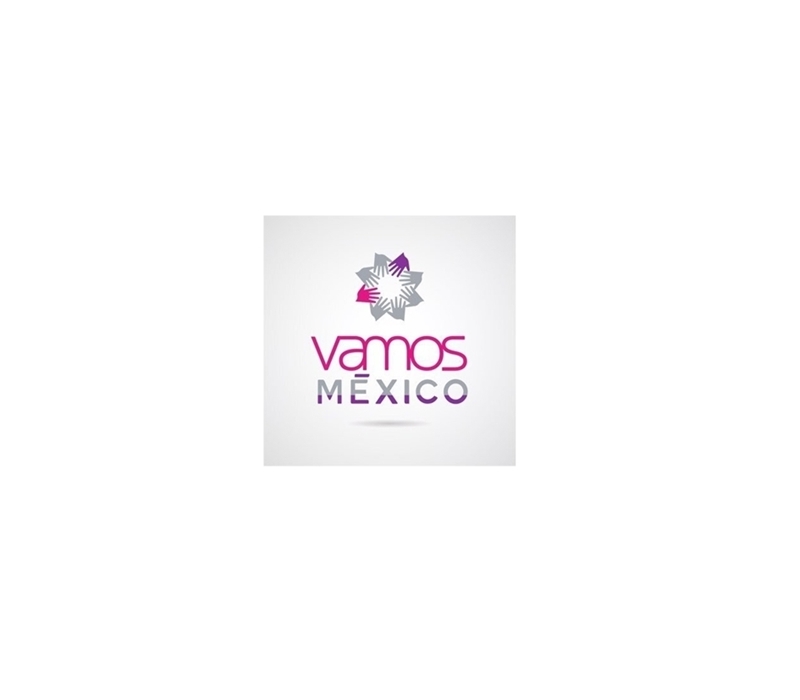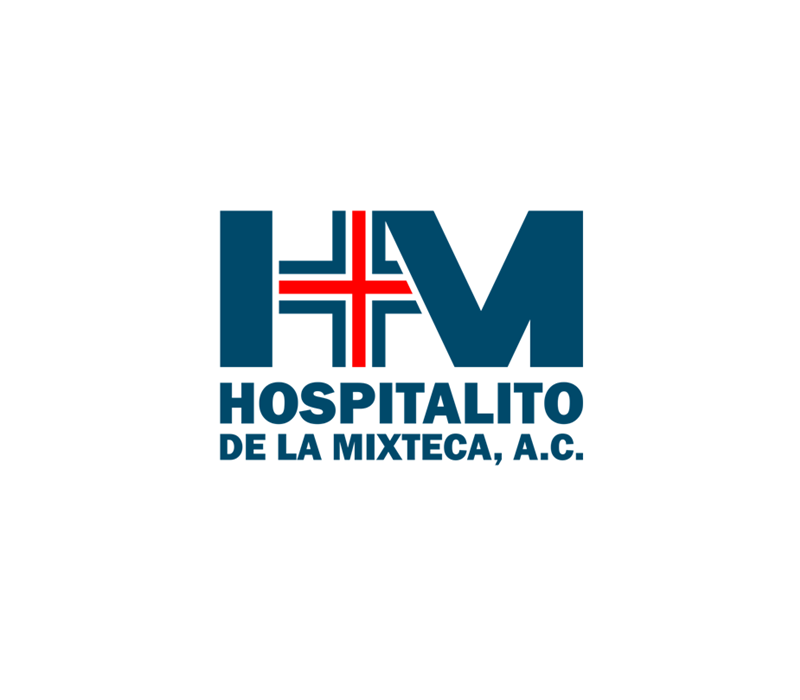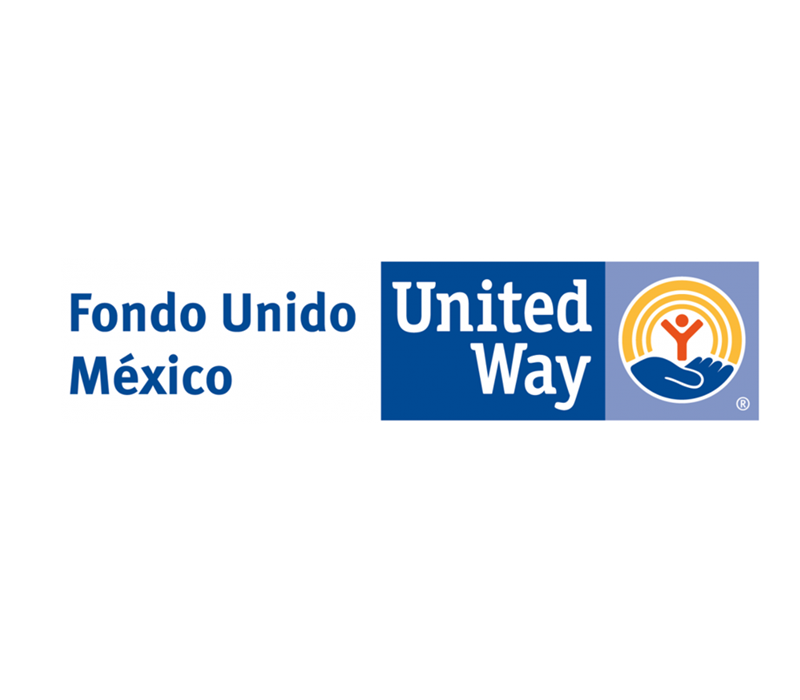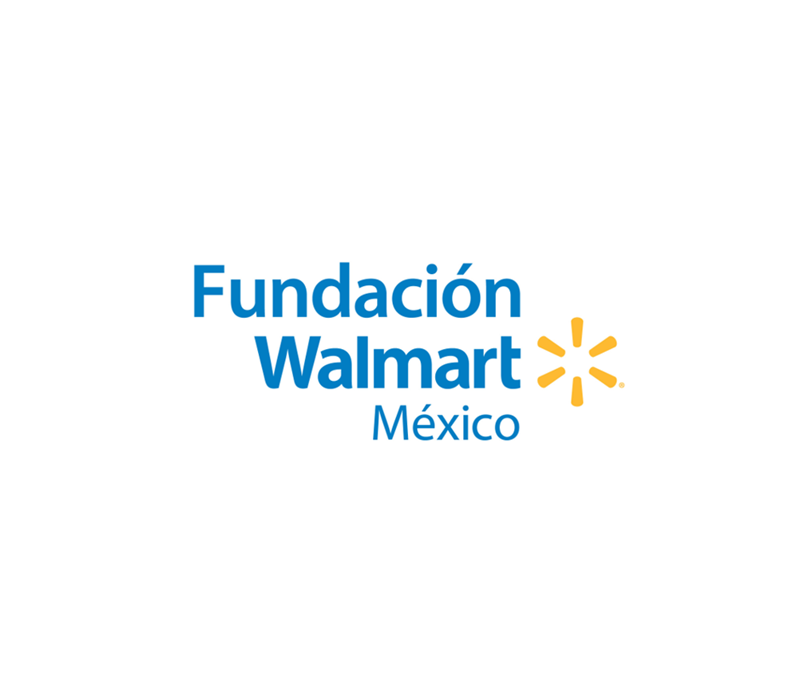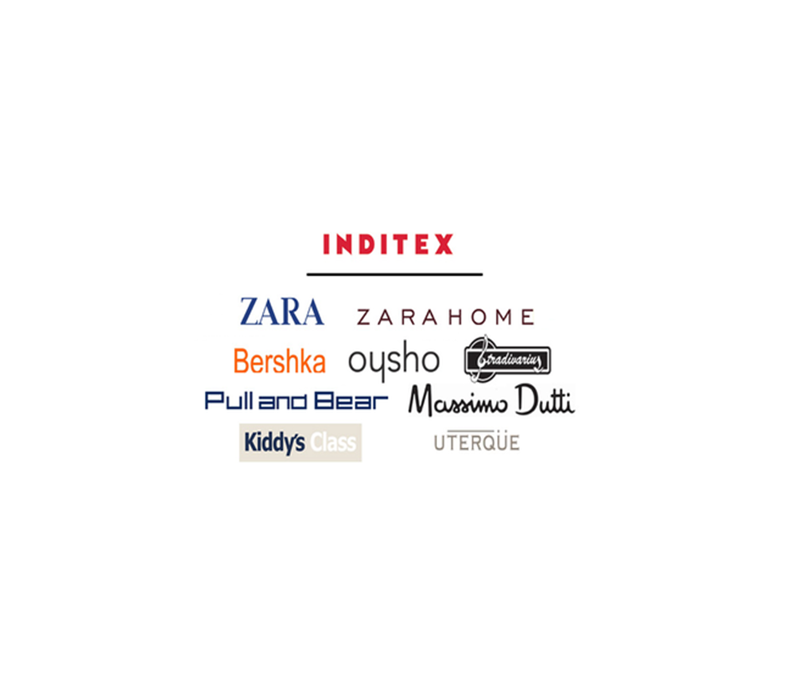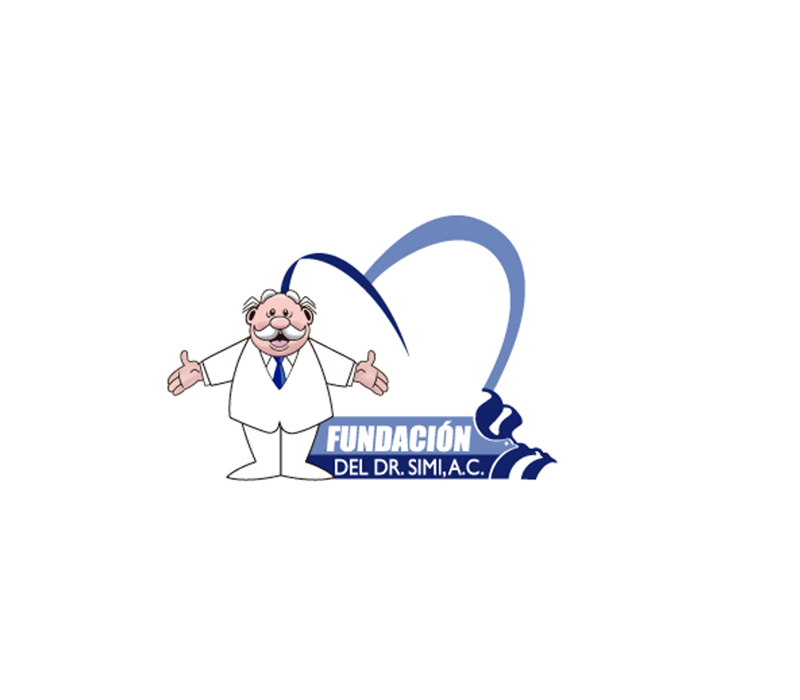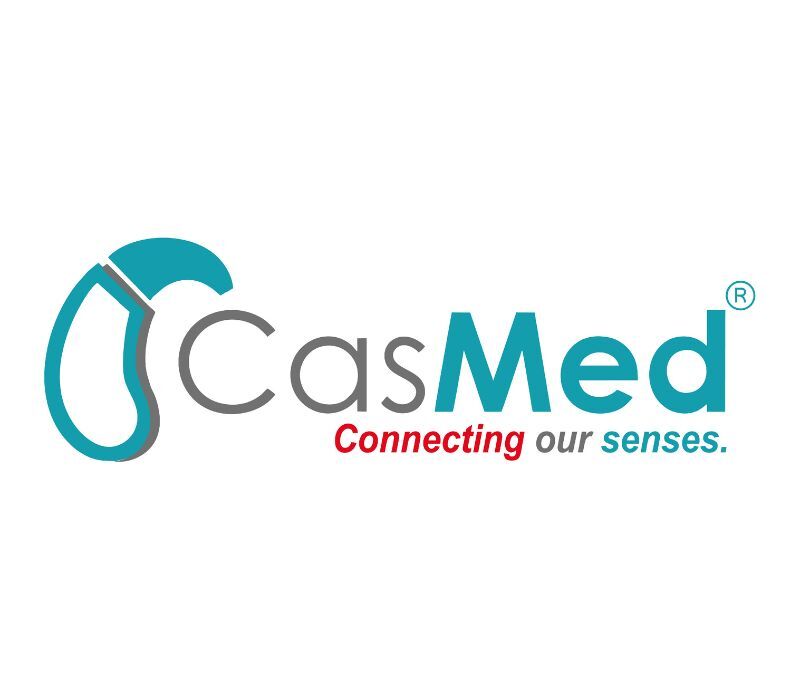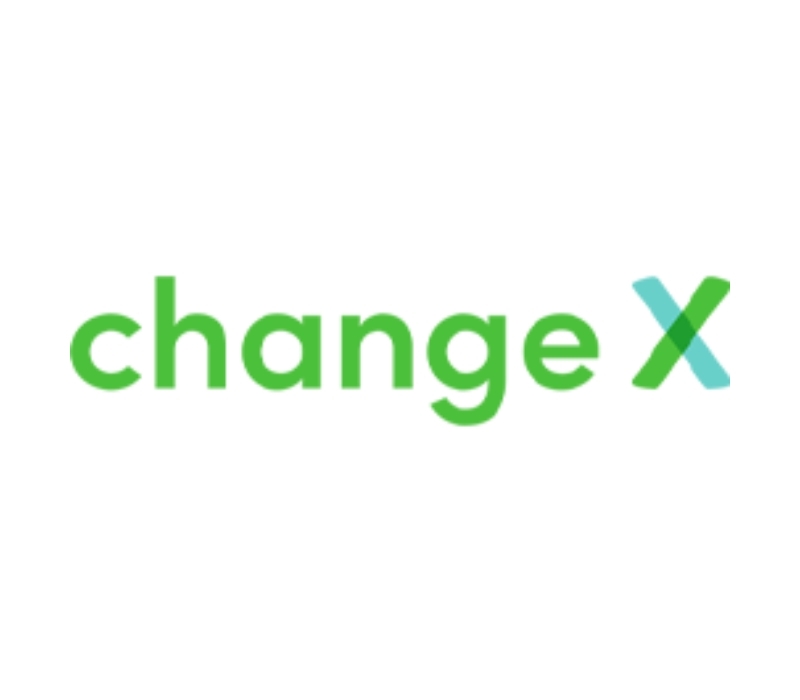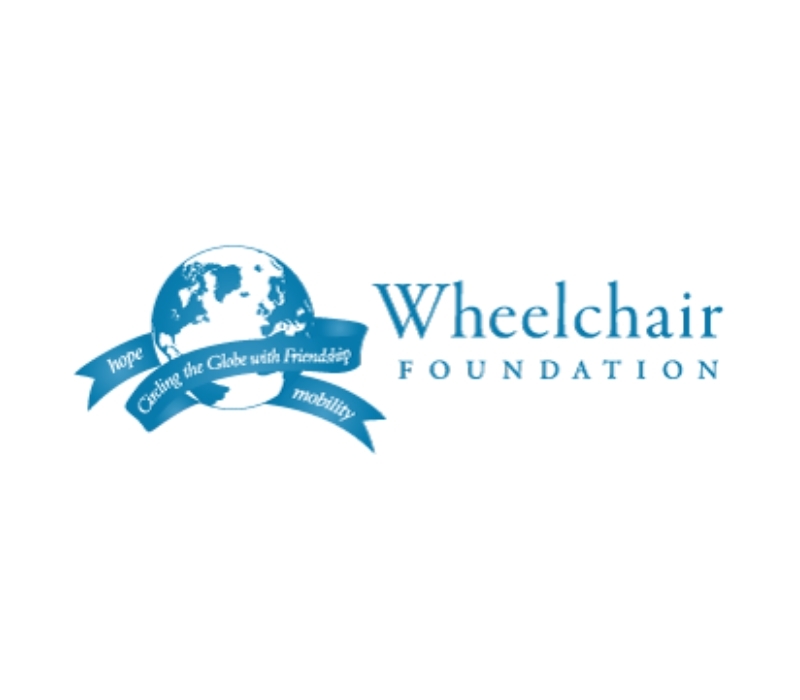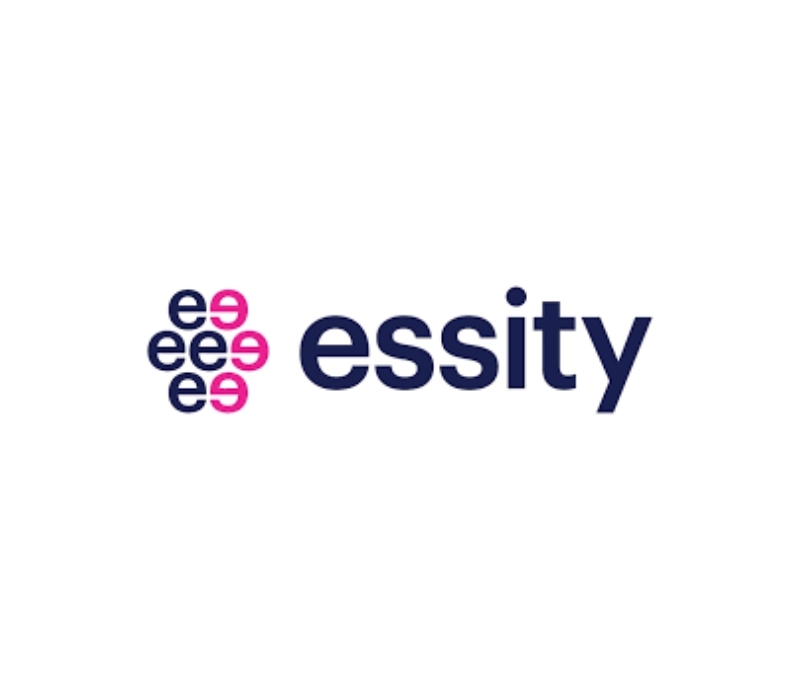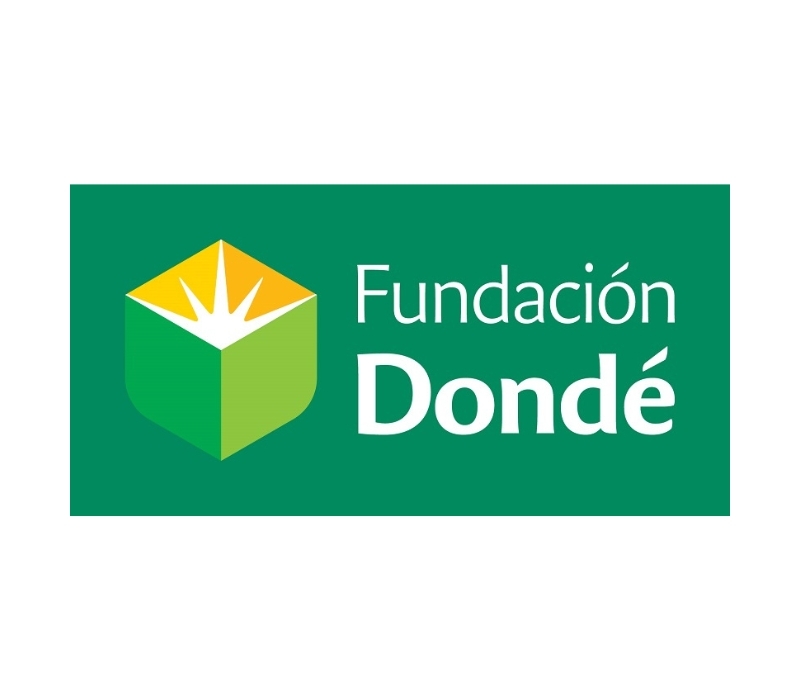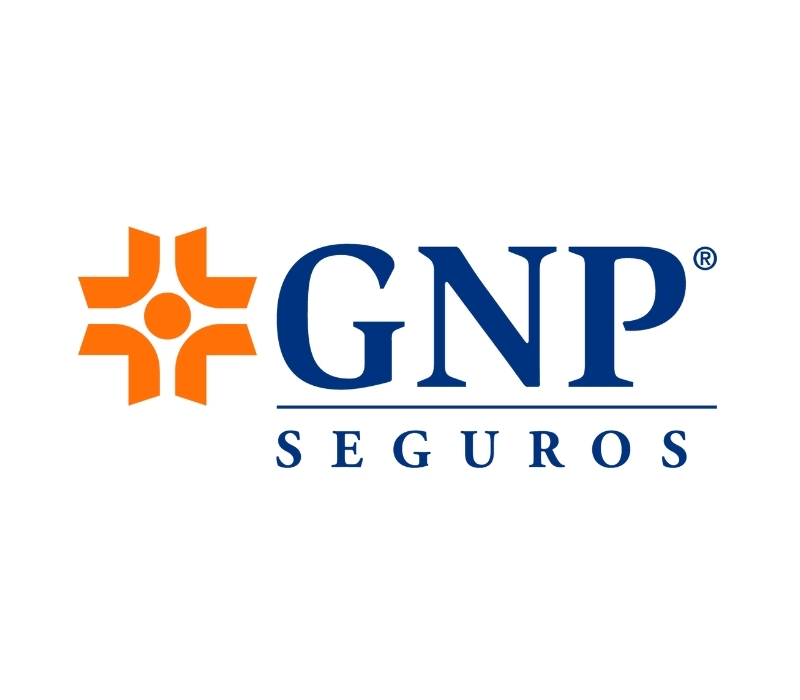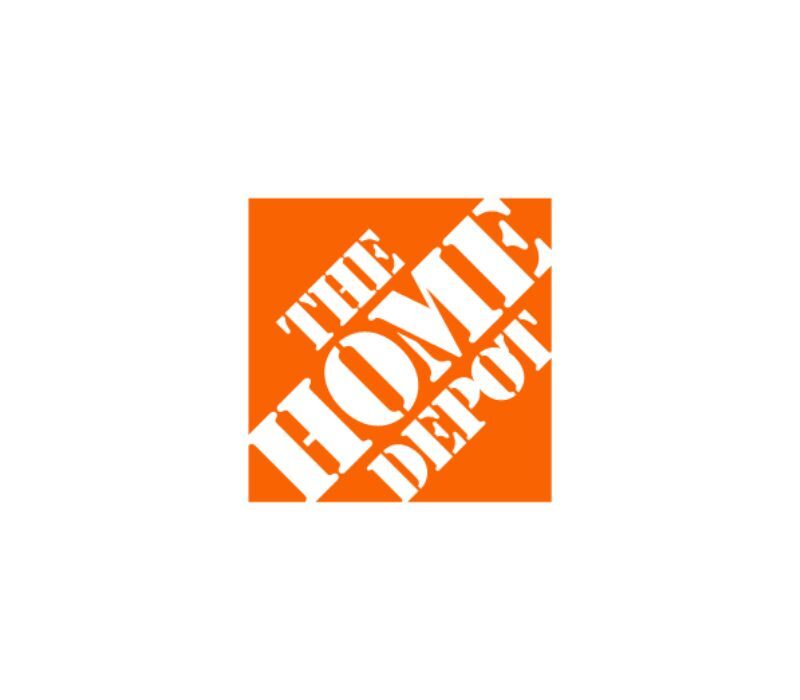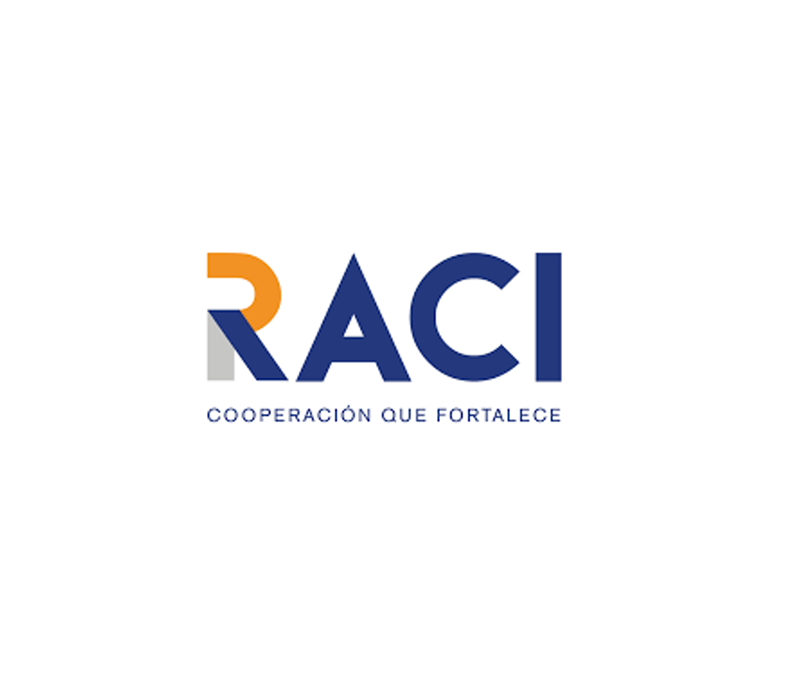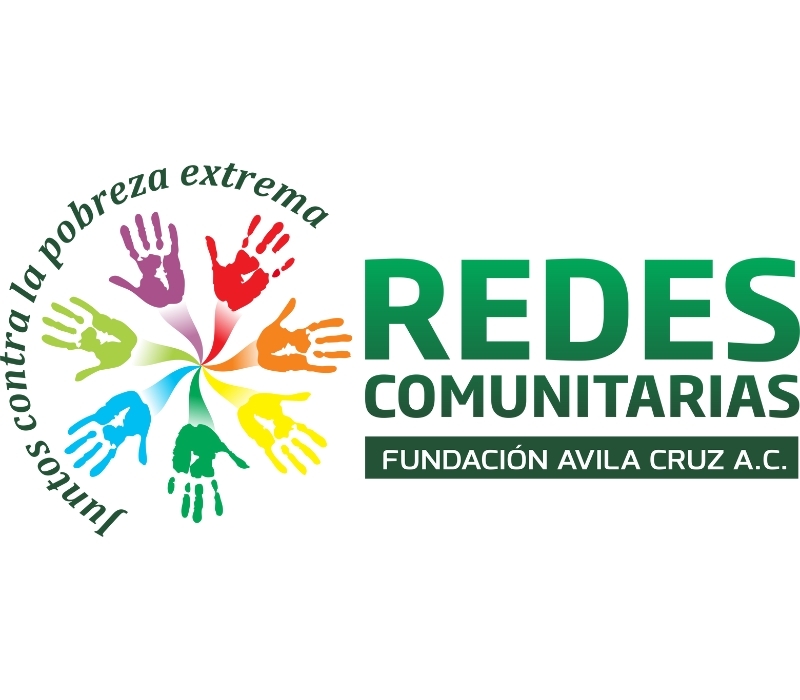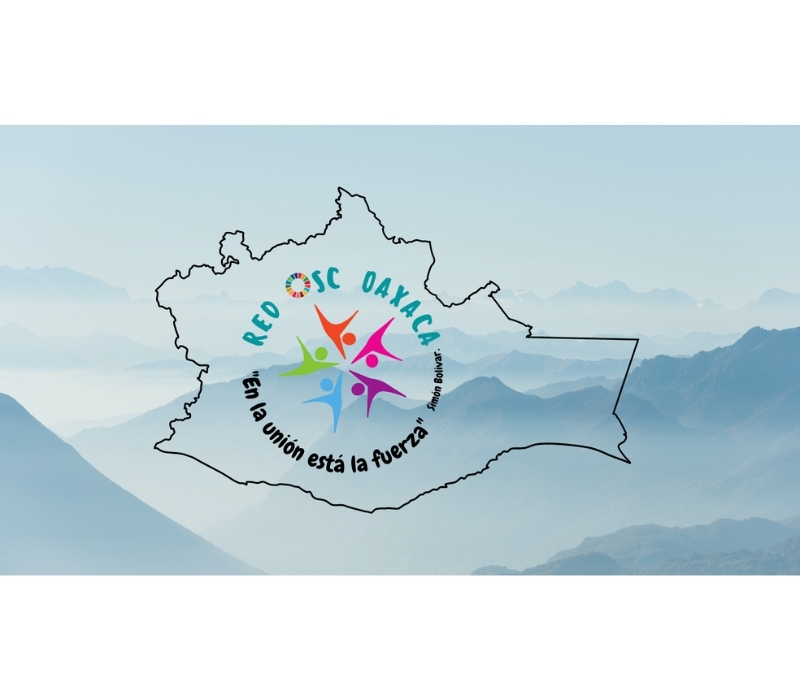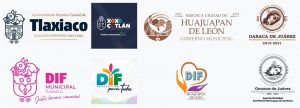

We are a Civil Society Organization that since 2013 has implemented community development, participatory, inclusive and sustainable projects for the social well-being of indigenous communities in situations of extreme poverty.
Fundación Ávila Cruz AC, arises as a response to extreme poverty and basic needs observed for years related to insufficient economic resources, living conditions and at the same time the violation of the rights to food, education, health, social security and housing in indigenous communities.
We work in the state of Oaxaca due to the degree of state marginalization (very high) and the results of the measurement of multidimensional poverty in Mexico (extreme poverty line by income, social deprivations and the territorial context).
In 2020, the federal entities with the highest percentage of the population in extreme poverty are Chiapas (29%), Guerrero (25.5%) and Oaxaca (20.6), CONEVAL.
In 2020, the municipalities with the highest percentage of the population living in extreme poverty were located in the entities of Oaxaca, Chiapas and Guerrero, CONEVAL.
Likewise, the results in 2020, the highest concentration of poverty is located in the regions that have historically registered the greatest social lags: Nayar, Tarahumara, Altos de Chiapas and the Mixteca de (Oaxaca, Puebla and Guerrero), CONEVAL.
We are headquartered in the municipality of the Heroic City of Tlaxiaco in the Mixteca region of the State of Oaxaca, Mexico.


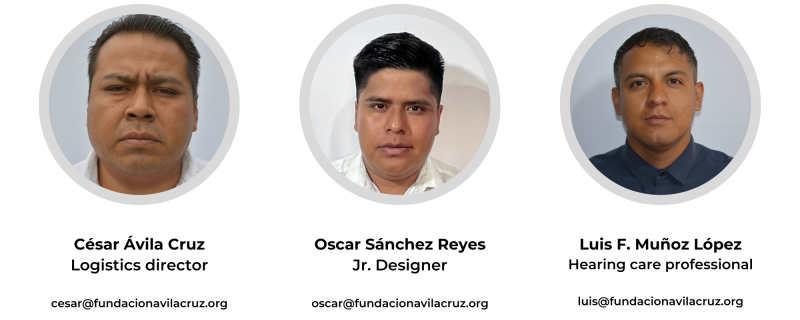
Fundación Ávila Cruz AC, was founded in 2013 as a secular, non-partisan and non-profit Mexican Civil Society Organization (OSC) with the commitment to manage and implement participatory, inclusive and sustainable community development projects in communities indigenous people in situations of extreme poverty for social well-being.
We have the authorization of the Tax Administration Service (SAT) to receive tax-deductible donations in Mexico and abroad, in terms of the Income Tax Law and with the Accreditation in Institutionality and Transparency (AIT) by the Mexican Center for Philanthropy, A. C. (CEMEFI), at the optimal level.
Contribute to reducing extreme poverty in the indigenous communities of Mexico through sustainable community development and humanitarian aid to improve the social and cultural conditions of the population.
To be a leading organization in the social inclusion of rights subjects in the indigenous communities of Mexico.
Human dignity
As a value inherent to each and every one of the people, which gives them the inalienable right to live in freedom and in adequate conditions to develop, as individuals and members of their community, in all dimensions of the human being.
Participation
Promoting the participation of subjects of rights in all activities or programs, as well as that of local authorities, whenever possible.
Cooperation
We work from the cooperation and co-responsibility of people to common interests, with volunteers, donors and organizations through networks and alliances.
Sustainability
Solutions to end hunger must be sustainable locally, socially, economically and environmentally.
Empowerment
Change process focused and sustained to strengthen capacities, confidence, vision and become active agents of their own development.
Innovation
We are constantly renewed and receptive to changes.
Solidarity
We understand that joint responsibility in the integral development of the human being is the essential value for the achievement of the common good and the defense of human dignity.
We intervene based on conceptual approaches that in turn help us define the changes that we seek to achieve together with the subjects of rights, through Management for Development Results (MfDR), the Human Rights-Based Approach (EBDH), the Model of Sustainable Community Development, Logical Framework, Theory of Change and contributes to the achievement of the Sustainable Development Goals (SDG) of the 2030 Agenda.

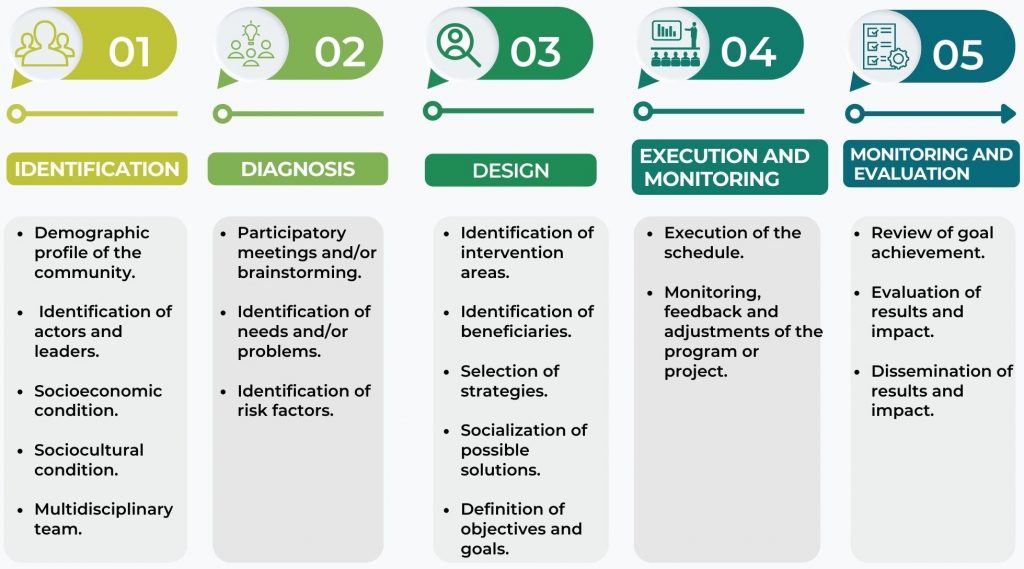
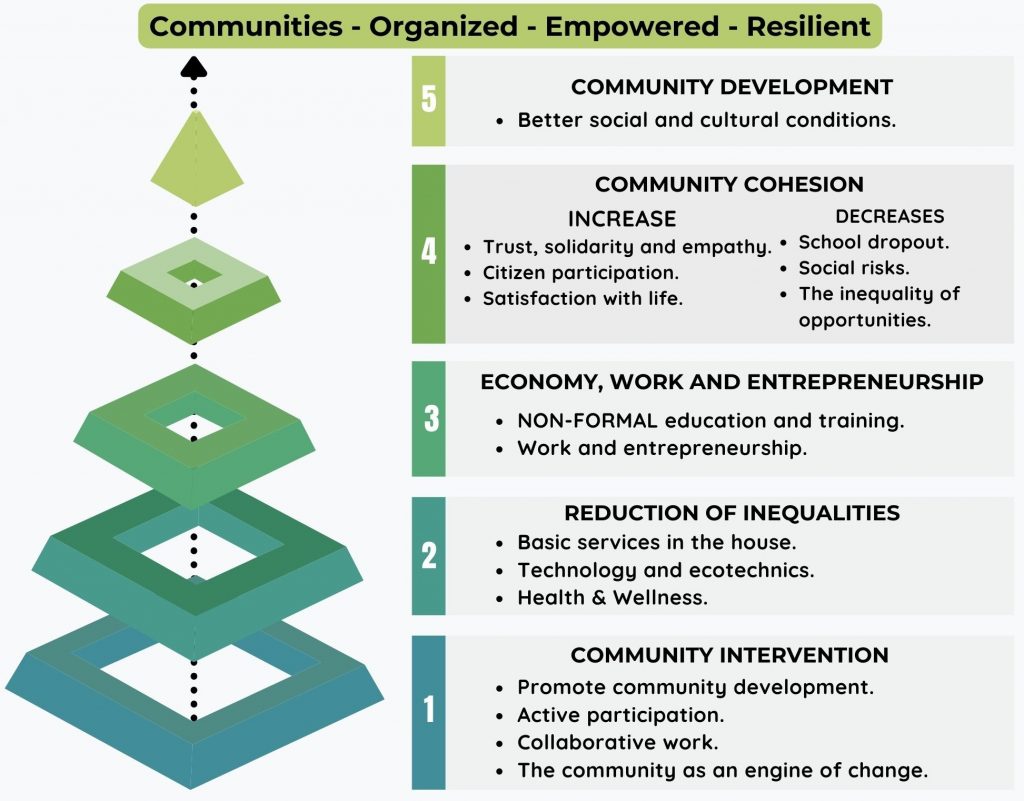
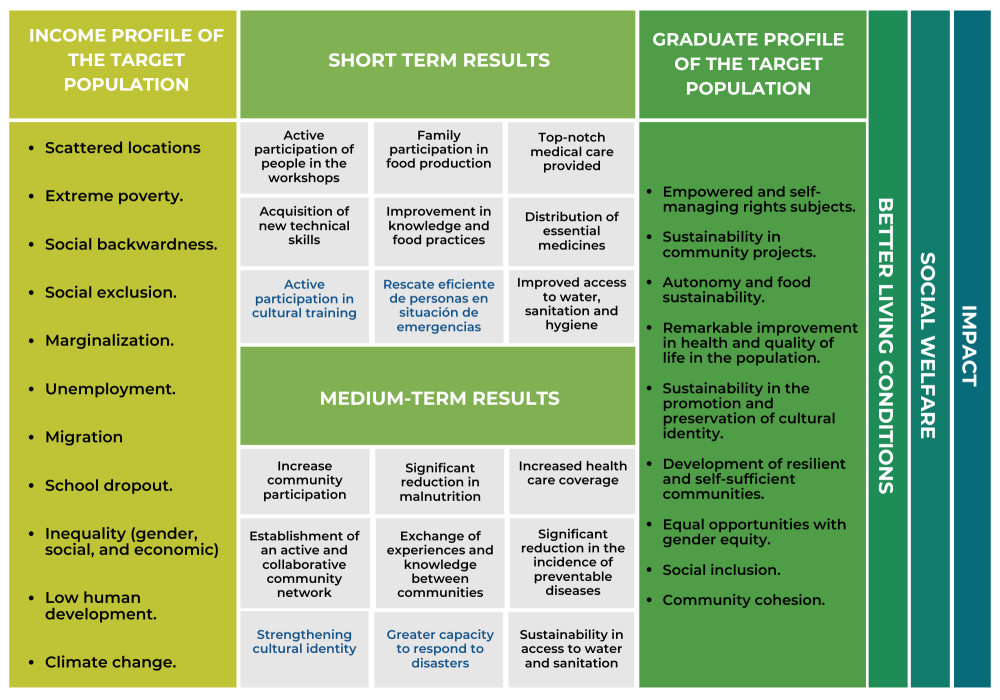
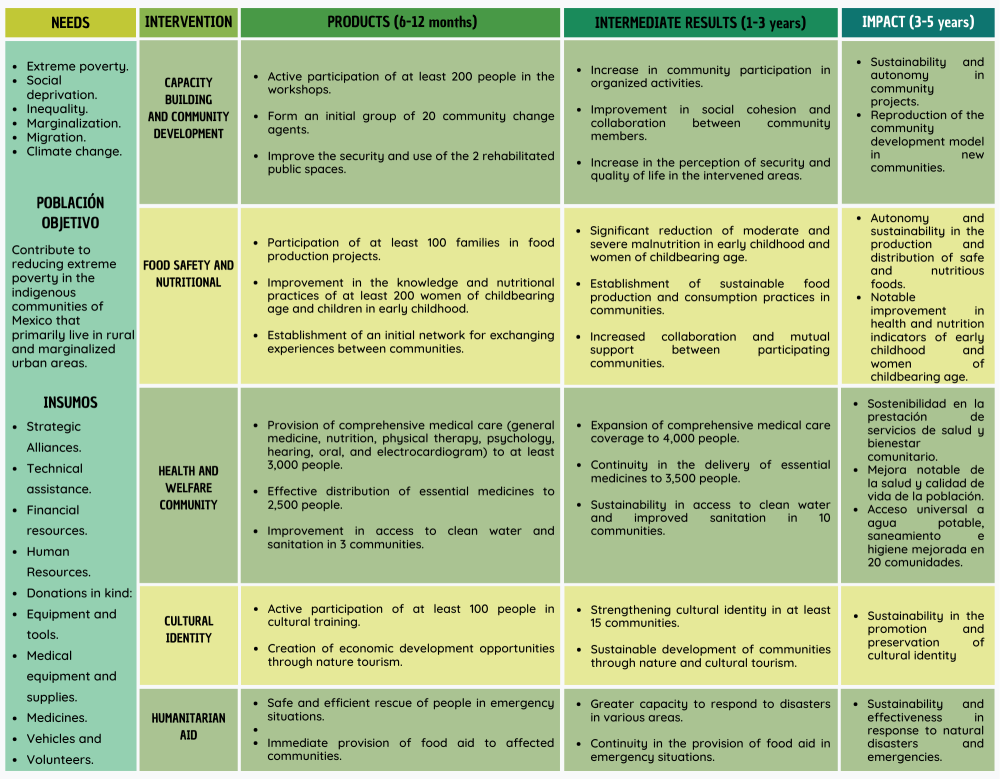
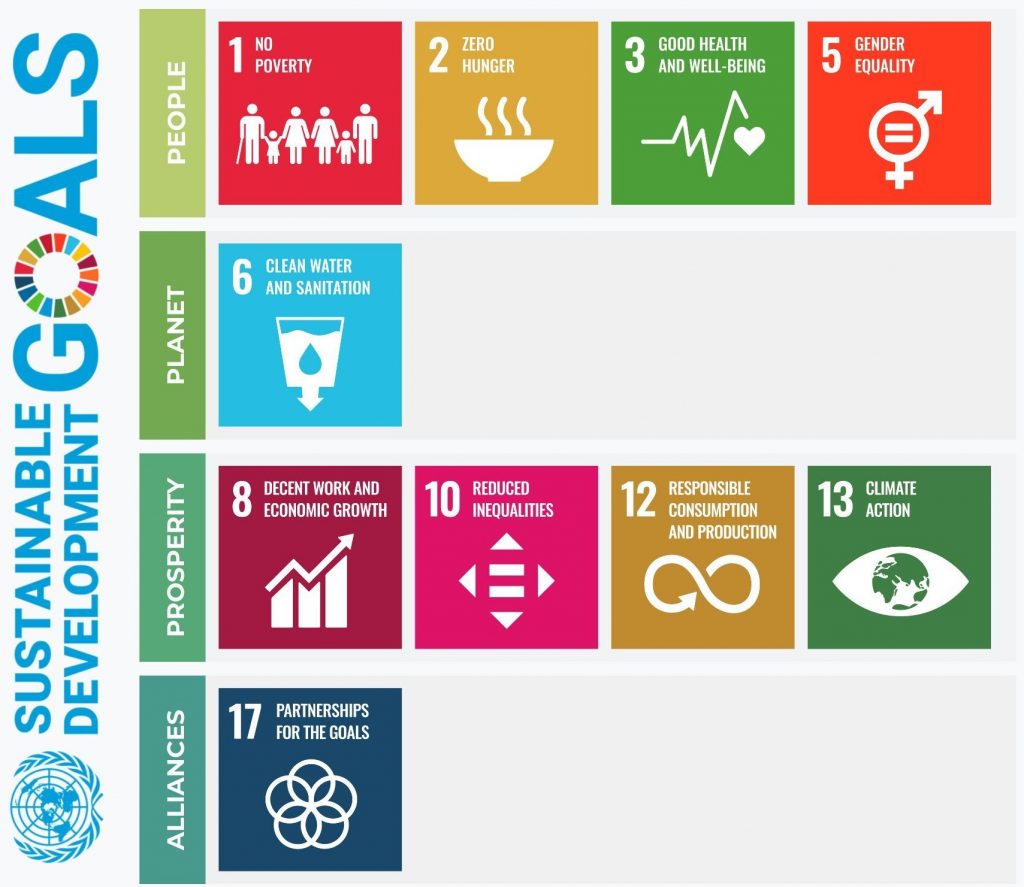
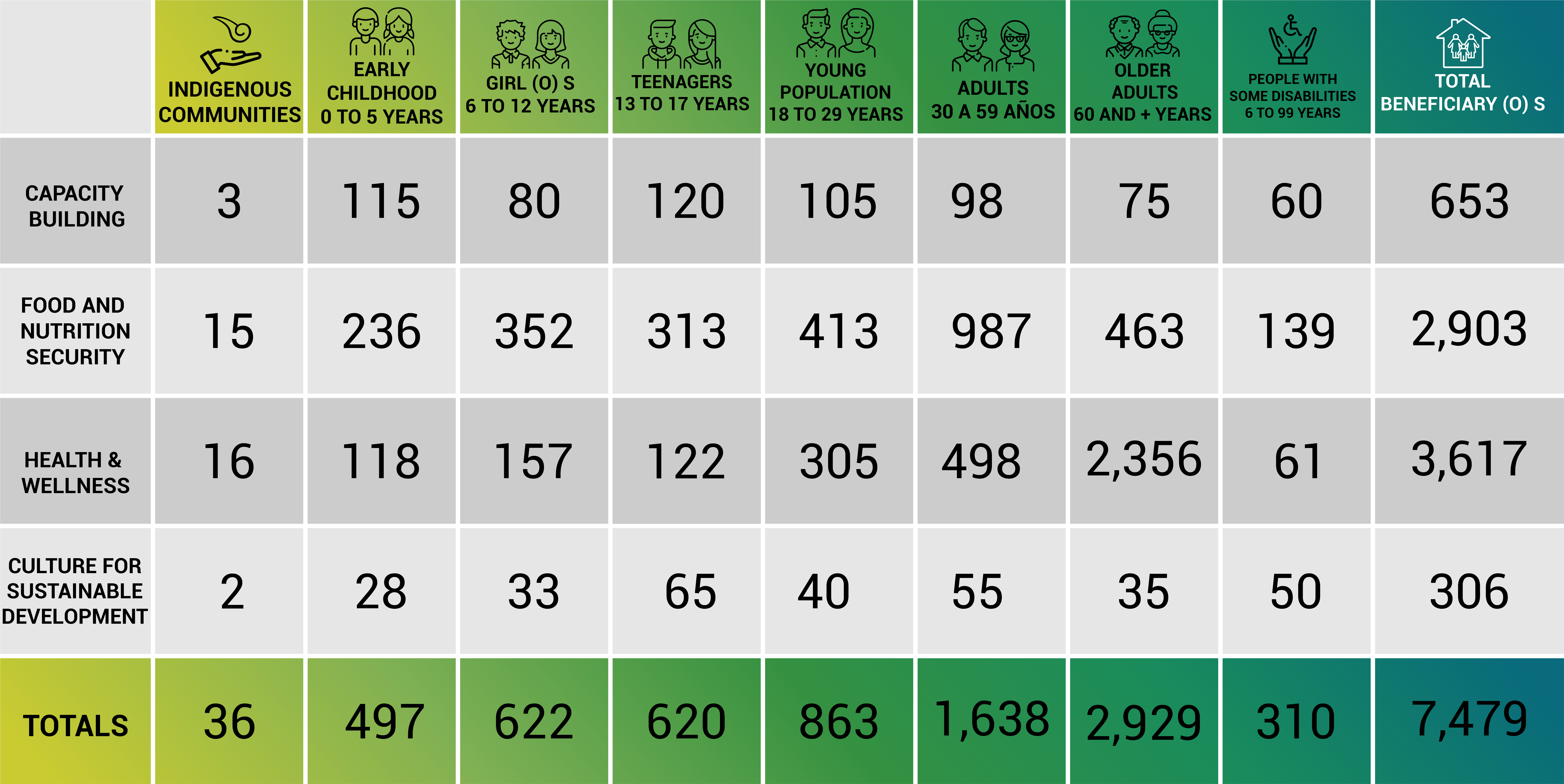
The 2024-2029 Strategic Plan is fundamental for the work in indigenous communities in Mexico over the next five years. The founding partners, the team of collaborators, leaders and community committees, as well as the rights holders, participated in its preparation. Throughout the process, constant monitoring and evaluation will be carried out. The results will be shared to facilitate decision making, adjustments, corrections and continuous improvement.
